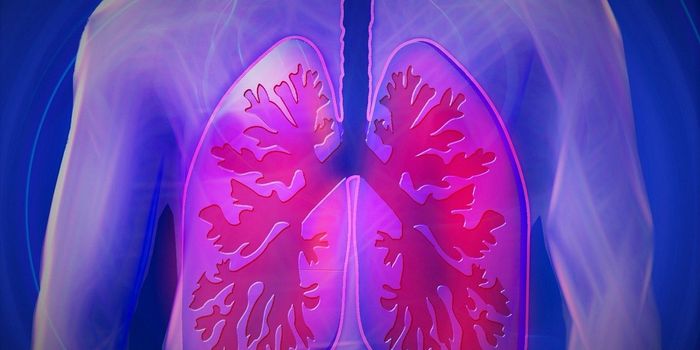Medical approaches for treating infections of human immunodeficiency virus (HIV) have come a long way in the past few decades, with antiretroviral therapy (ART) helping people living with HIV live longer lives. However, HIV patients are uniquely vulnerable to chronic illnesses like coronary artery disease (CAD) and prone to developing them earlier than people not infected with HIV. A new study from the University of Southern California confirms this connection.
In their study published in the
Journal of the American Heart Association, Southern California researchers conducted a study of 975 men living with HIV and 575 men without the infection from the Multicenter AIDS Cohort Study. They used computed tomography (CT) angiography to detect “subclinical CAD,” meaning they could detect signs of disease in the arteries before the patients actually started showing symptoms.
CT angiography is a non-invasive imaging study that provides detailed information about a person’s blood vessels and their relationship with other organs in the body. Using CT angiography in their study, Southern California researchers could observe narrowing of the arteries as well as the amount, density, and calcification of any plaque deposits that had begun to form.
In addition, the researchers looked for the presence of seven different inflammatory biomarkers in the same study participants, making the study the largest ever CT scan imaging study on men living with HIV.
Their results showed an overall higher level of inflammatory markers associated with the men with HIV infections in comparison to the men without HIV. Plus, the men with HIV were more likely to have signs of subclinical CAD. The study authors stressed that their results proved correlation between inflammatory markers and increased prevalence of CAD, not causation.
“It is suggestive of a possible role that persistent inflammation may play in increasing the risk of heart disease in [HIV] patients,” said study leader Hossein Bahrami, MD, PhD. More diverse types of inflammatory markers tested in the study than ever before, so scientists could learn a thing or two about HIV and the inflammatory pathway in addition to HIV patients’ risk for developing coronary artery disease.
Inflammation in HIV patients is associated with their tendency toward accelerated aging as well as an increased risk for “non-AIDS-defining illnesses.” With further research, scientists could get even closer to determining how chronic inflammation and CAD are related in HIV patients, potentially leading someday to a treatment for one or even both conditions.
Sources:
University of Southern California Health Sciences,
AIDS Research and Human Retroviruses,
Society for Vascular Surgery









